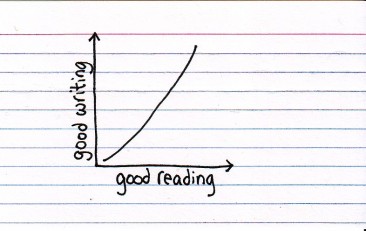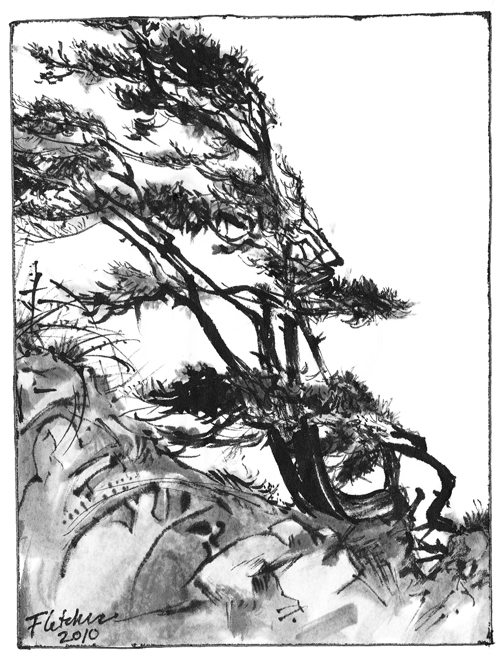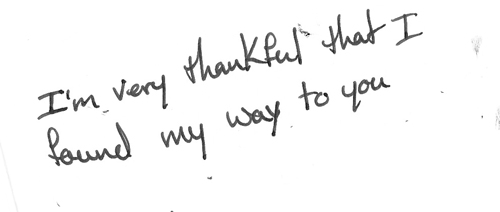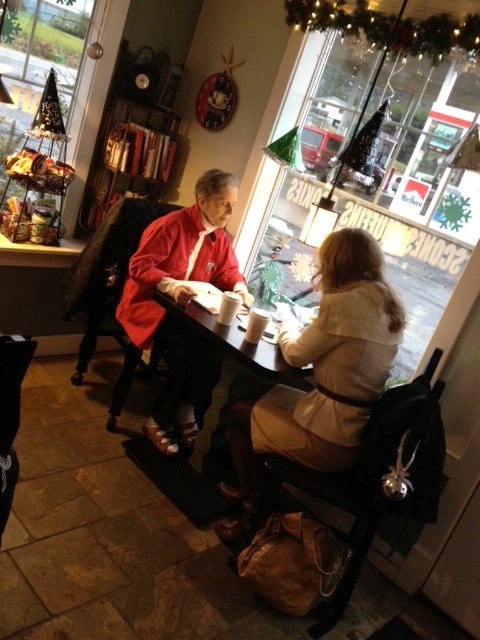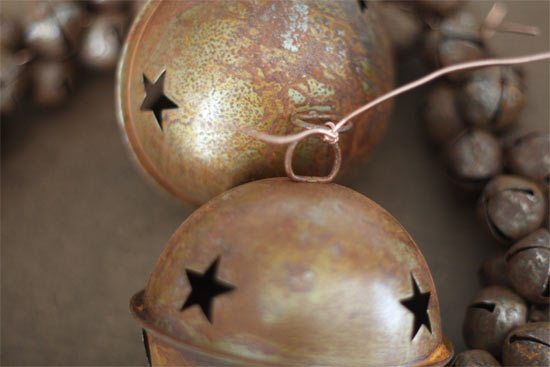 The restaurants are packed with moony lovers bent over pricey meals and bad service. The television blasts must-have gifts: jewelry, flowers, stale chocolates in flimsy cardboard.
The restaurants are packed with moony lovers bent over pricey meals and bad service. The television blasts must-have gifts: jewelry, flowers, stale chocolates in flimsy cardboard.
Forgive me, St. Valentine, but I've never cared for you. Contrived adoration combined with obligation makes me anxious. I imagine Hallmark counting bags of money and roaring with laughter.
I'm not bitter, really, I'm not. I am gooey with sentiment. I just feel manipulated.
Despite all the hoopla and show, I am thankful that tender, real, private love abounds: in taking out the trash, emptying the dishwasher, making dinner, cleaning the gutters, in gifts without reason and just-because notes. When love shows its beautiful, unforced, unadvertised self, I am almost always surprised and grateful — and not at all obligated.
Valentine for Ernest Mann
You can't order a poem like you order a taco.
Walk up to the counter and say, "I'll take two"
and expect it to be handed back to you
on a shiny plate.
Still, I like your spirit.
Anyone who says, "Here's my address,
write me a poem," deserves something in reply.
So I'll tell a secret instead:
poems hide. In the bottoms of our shoes,
they are sleeping. They are the shadows
drifting across our ceilings the moment
before we wake up. What we have to do
is live in a way that lets us find them.
Once I knew a man who gave his wife
two skunks for a valentine.
He couldn't understand why she was crying.
"I thought they had such beautiful eyes."
And he was serious. He was a serious man
who lived in a serious way. Nothing was ugly
just because the world said so. He really
liked those skunks. So, he re-invented them
as valentines and they became beautiful.
At least, to him. And the poems that had been hiding
in the eyes of skunks for centuries
crawled out and curled up at his feet.
Maybe if we re-invent whatever our lives give us
we find poems. Check your garage, the odd sock
in your drawer, the person you almost like, but not quite.
And let me know.
— Naomi Shihab Nye


 k
k
 sh)
sh)




